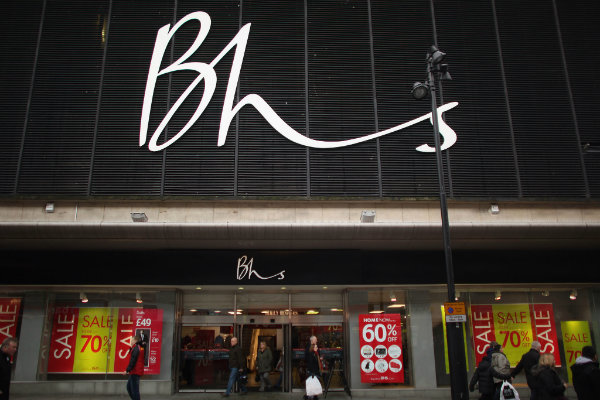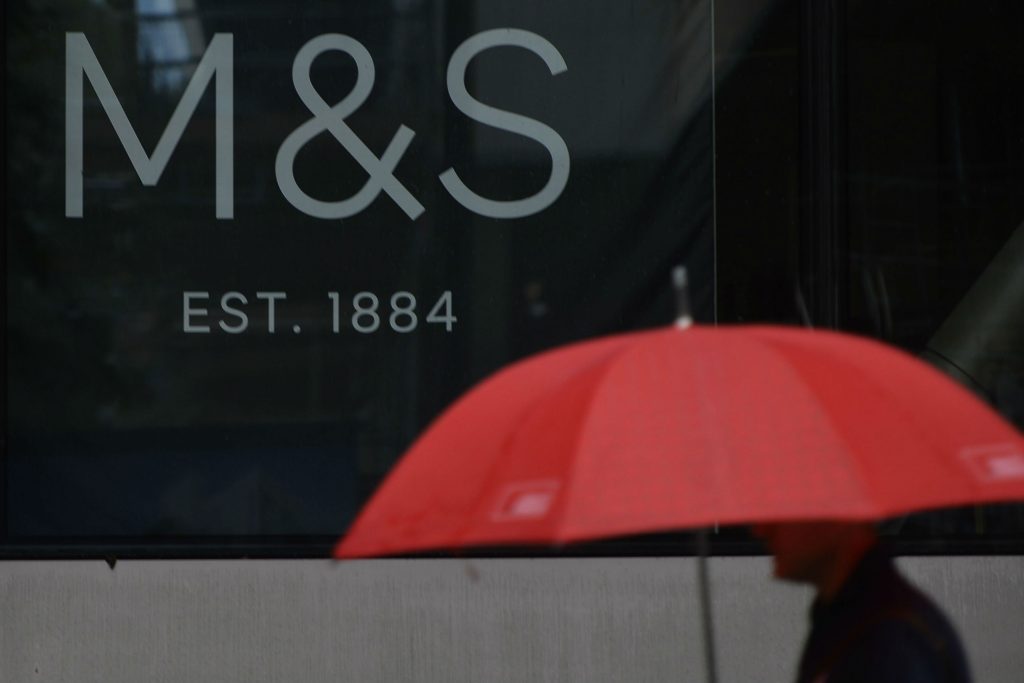Wall Street giant Goldman Sachs is reportedly reviewing its decade-long relationship with Sir Philip Green in the wake of being called in to the parliamentary inquiry on BHS’s collapse.
Michael Sherwood – the investment bank’s most senior London figure and one of Europe‘s most powerful bankers – also revealed to the committee of MPs investigating the downfall of the high street giant that Goldman Sachs was approached by Green about offering a £40 million loan to BHS when Dominic Chappell bought it.
Sherwood conceded that his bank‘s involvement in the controversy surrounding BHS and Green – the department store chain‘s former owner of 15 years – has affected its reputation.
“We’ve been reviewing Goldman Sachs’ relationship with Sir Philip Green at this point,” Sherwood said today.
Prior to this, Goldman Sachs did not disclose talks about the £40 million loan, despite providing oral and written evidence to the inquiry.
In response to today‘s revelation, one of the committee MPs, Iain Wright, said: “How can clients trust you when you‘ve failed to remember a potential £40m transaction?”
Sherwood then apologised, saying that conversation with Green slipped from his memory and that a formal request and transaction for the loan never materialised.
“We never put terms of the loan, ever,” he said.
Goldman Sachs was dragged into the ongoing BHS inquiry after it was revealed that it declined to handle the sale of BHS to Chappell, a former bankrupt with no retail experience, but did offer some informal advice without any pay.
Green has said if Goldman Sachs had warned him not to, “we one million per cent would not have done business” with Chappell.
However, Sherwood refused to accept any blame on behalf of Goldman Sachs for BHS‘ collapse.
“I absolutely do not accept blame. He never passed our sniff test,” he said.
“All we highlighted was observations about the risks around Mr Chappell and the transaction. Our role was extremely limited.”
Green, whose company Arcadia also owns Topshop, has been in hot since BHS collapsed in April, leaving behind a £571 million pension deficit and putting 11,000 jobs at risk.
The billionaire has also come under intense scrutiny for taking £400 million in dividends from the company before selling it to Chappell for £1 last year.

















